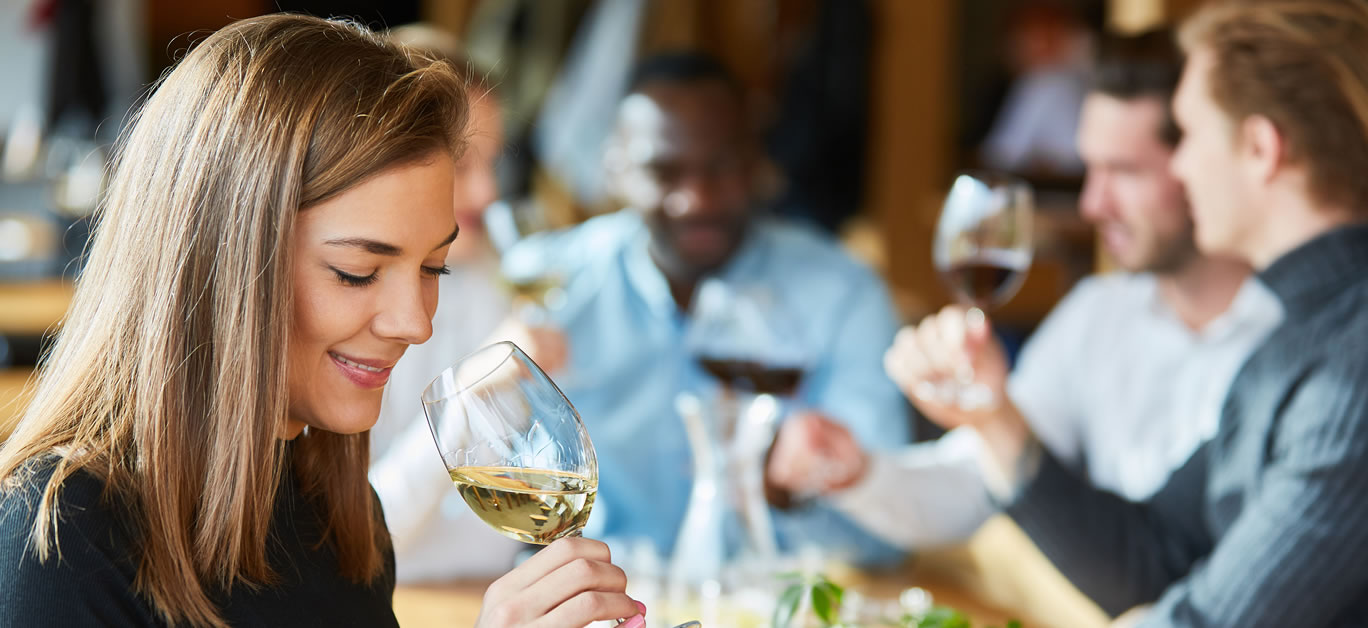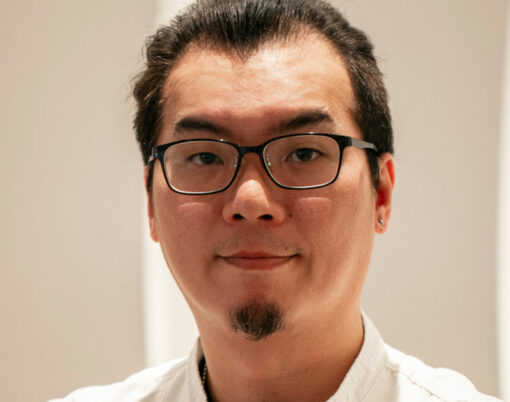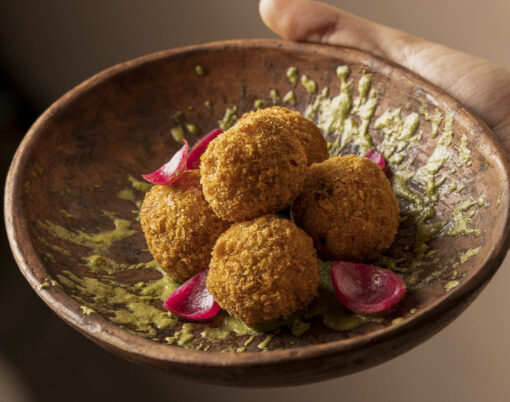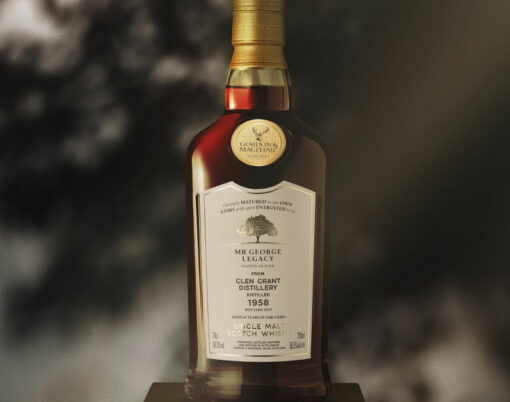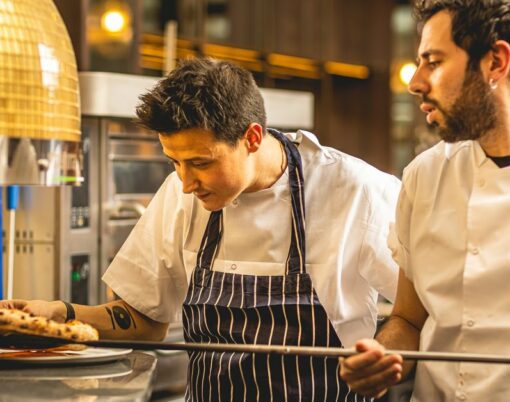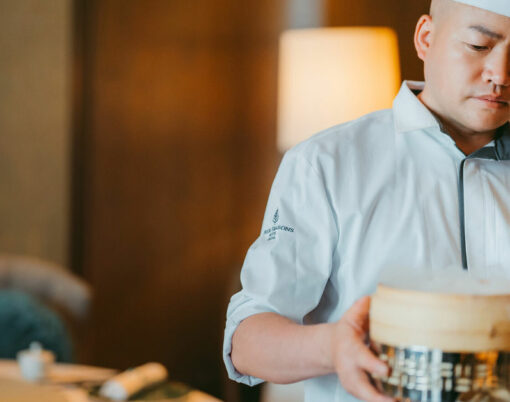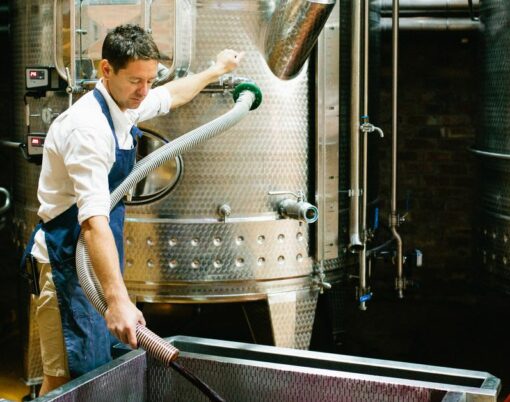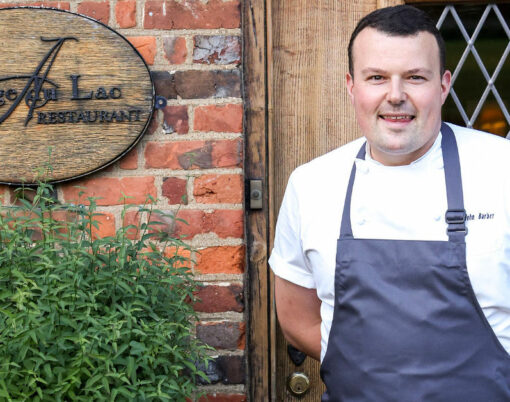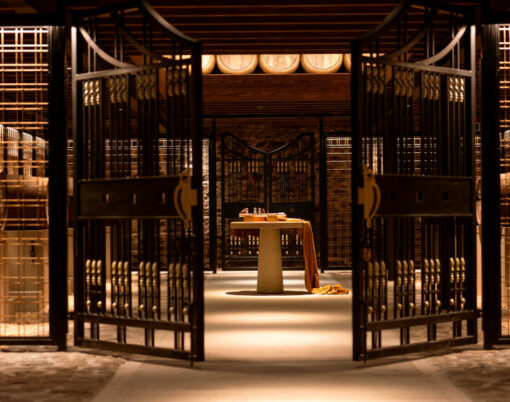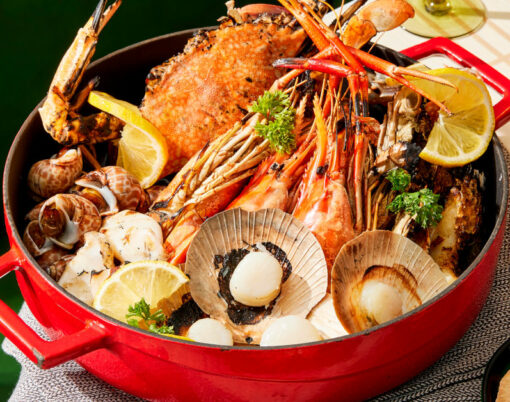What time is ‘wine o’clock’ for you? For many people, it’s around 5pm on a Friday, just as the working week comes to a close. After all, what better way to welcome in the weekend, and put the last five days of toil to bed?
It may surprise you, then, that there really is a ‘right’ time to enjoy wine – and ‘wine o’clock’ is even listed in the Oxford English Dictionary as a recognised term. And no, it’s actually not at 5pm on a Friday after all.
The science behind wine o’clock
According to the experts, it’s actually between the hours of 11 in the morning and one in the afternoon. An excuse to start early? It looks that way.
So why exactly is this the optimum time frame in which to pour yourself a glass of your finest vintage? Because the mouth is drier at this time of day. The saliva that builds up in your mouth during the course of the day can actually have a dramatic impact on the taste of a wine, so if you’re keen to enjoy it to its fullest advantage, then a pre-lunchtime beverage is the perfect way to do it.
Having said that, not everyone is a professional wine taster, so if you’re less concerned about the details then an evening glass of wine will do just fine. Just one glass is enough to help aid relaxation and ease the stresses and strains of the day, so that post-work, 5pm wine o’clock might not be off the cards after all.
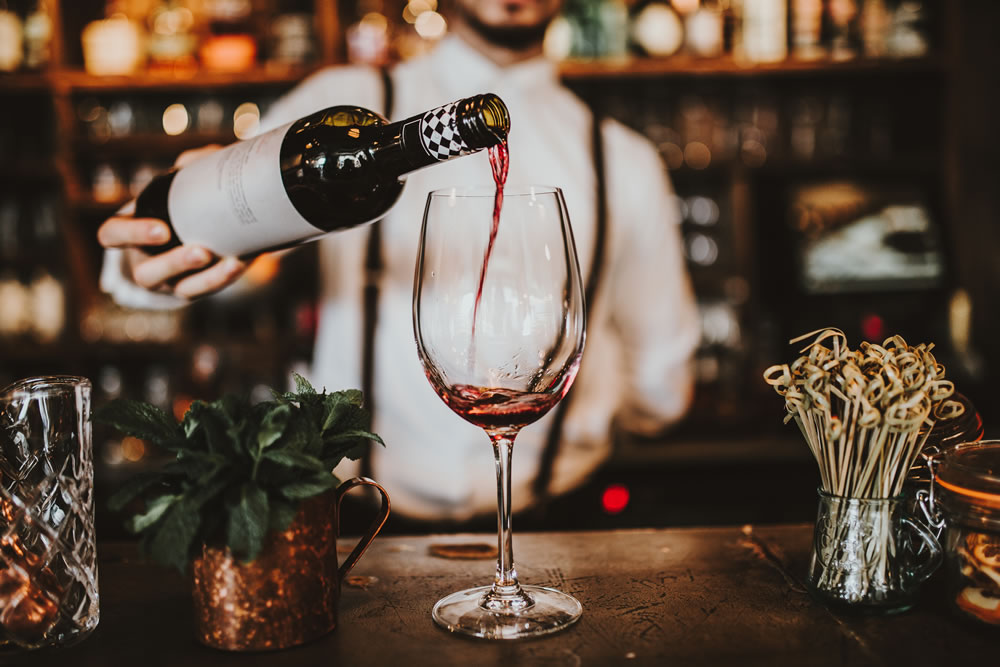
Even so, some remain resolute that wine should always be enjoyed with a meal. Whether it’s a lazy Sunday brunch mimosa or a cold glass of wine with lunch, there is a lot to be said for a good pairing (check out this wine pairing guide for some of the best) – especially when sitting down to a carefully prepared evening meal, or dining out at your favourite Michelin-starred eatery – wine flight non-negotiable.
The history of dining and wining
The concept of drinking wine with dinner has developed and evolved throughout history as our mealtimes have changed. In the past, wine was a luxury – as a good one very much still is – that not everybody could afford, and in the Tudor times, was consumed with the main meal of the day, which at that point, was eaten at 10am. Nothing like starting as you mean to go on.
Gradually, main meals got pushed later and later in the day, with the Stuarts sitting down to dine at 2pm, and later, the Victorians choosing to eat dinner much later, at 8pm.
Whenever you eat your dinner today, the fact remains that for most, wine o’clock is whenever they want it to be – and it turns out that there’s a reason 43% of the general public believe that 5pm is optimum de-corking time.
‘Anchoring’ is a term used to describe the association between a specific state and a specific stimulus – and in this case, we’re talking relaxation and wine.
Because 5pm on a Friday generally signals the end of the working week, it’s understandable that, subconsciously, many people now associate the sight of a glass of wine or the familiar glug as it’s poured with relaxation. And of course, the alcohol content certainly helps.
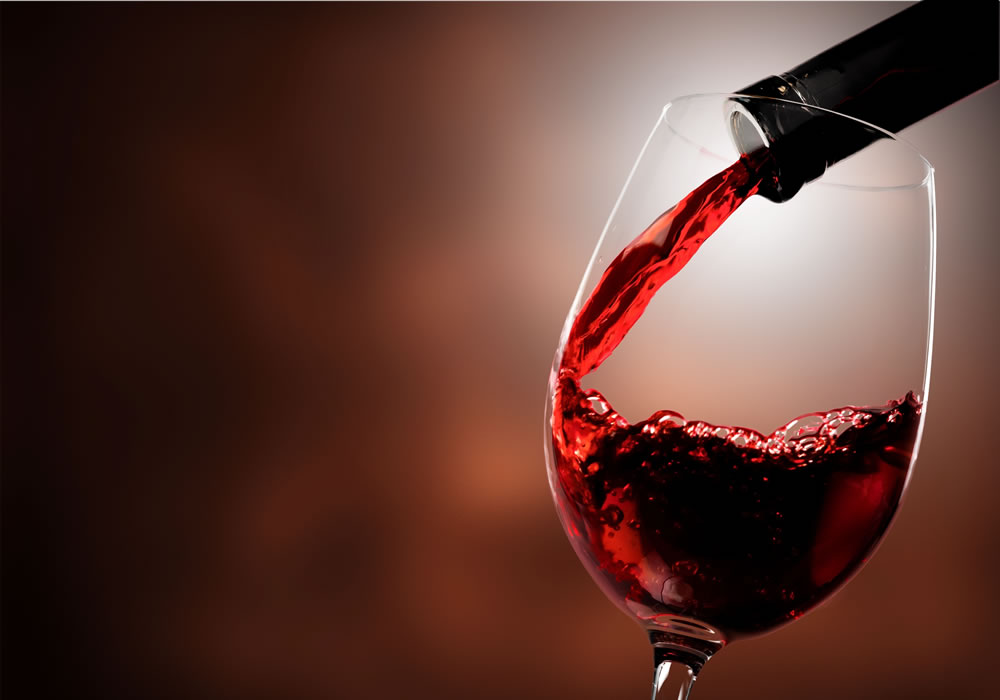
So, we’ve established the best time to crack open a bottle from our perspective – but is it always a case of ‘ready when you are’? We might be ready to pour ourselves a large glass, but how do we know when the optimum time is in terms of the wine’s age and taste?
Ready when you are?
Aging wine is a tricky thing to master, relying heavily on placing your faith in the process and remaining optimistic about the outcome. Open it too soon, and you could find yourself disappointed that you didn’t wait just that little bit longer. Open it too late, and your wine could well be beyond the point of no return.
The good news, though, is that there is actually no single right time to open any particular bottle. Contrary to popular belief, wines do not rise towards a momentary peak before dropping off again in quality, so the window in which you have to enjoy it to its full potential is greater than you might think.
Bottles that can improve with ageing tend to move along an arc, and during this time, they will offer a mouth-watering range of expressions. So, whether you pop the cork a little earlier on and enjoy an exuberant and more youthful tipple, or a more complex offering later on, there is guaranteed to be plenty to enjoy about a carefully chosen bottle.
Essentially, the best time to open a bottle of wine is subjective and depends largely on your personal preferences. Getting to know what they are takes time, effort, and a good amount of trial and error, but it’s worth it to get that perfect glass.
Buying multiple bottles of the same age-worthy wine and opening them at different phases is one way to go about it; you’ll soon be able to detect the differences in flavour and discover what you like the best.
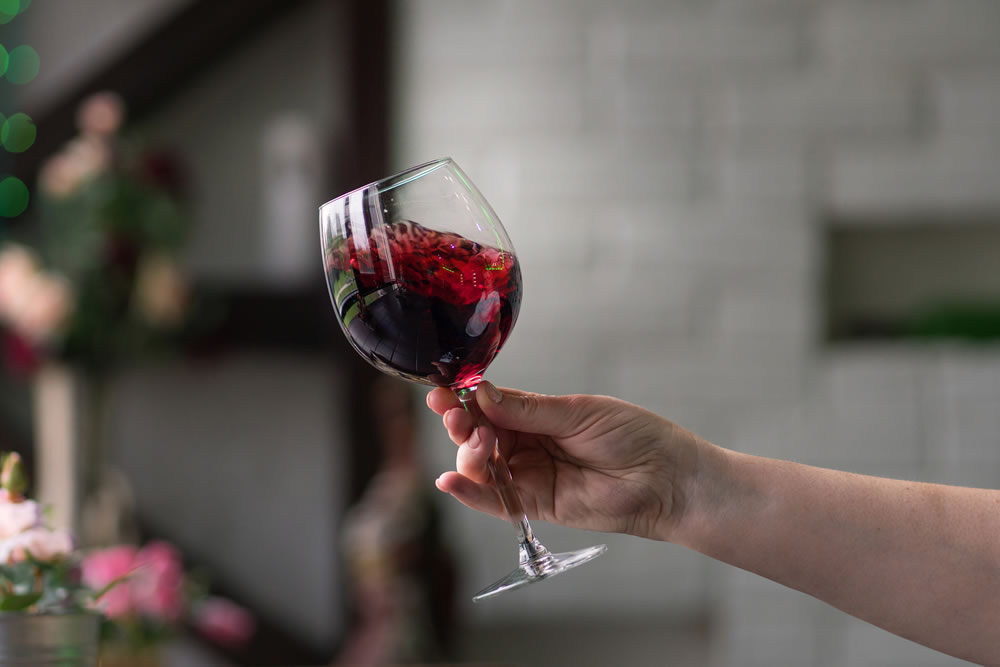
The evolution of any bottle of wine will depend very much on the type of wine, the style of the producer, and the conditions of the vintage. Proper storage is also vital, as keeping wine in the wrong conditions can have a detrimental effect on its flavour. A cool, dark cellar is ideal.
Choosing the right time – of day, of year, of many years – to open a bottle of wine comes down to many different factors, but ultimately, it all comes down to you. So, whether you like to crack open that fine vintage at 5pm on a Friday or prefer a younger wine over brunch, do what feels right and you’re sure to enjoy it.
But most importantly of all, be sure to do your homework and choose a good wine in the first place, because if you miss this vital step, then nothing else matters at all.
Choosing the right wine
As touched on above, there is no use in going through all the effort of getting the timing just right if the bottle of wine you open turns out to be a dud.
There are loose rules when it comes to choosing a bottle, but as there are so very many factors involved, it’s not an exact science. Variations can include the grapes, the country and region, the weather on that particular year, your personal preferences, what you are eating alongside your chosen tipple and what you actually fancy drinking at that point in time.
The wine industry is a fascinating one though and you may be interested in learning the finer details for your own benefit or to use in a job role. If you are keen on learning how to become a sommelier then there is plenty of information out there to guide you along the way to becoming an aficionado on all things wine, from discovering the five certification levels to learning how to pave your way in the industry. If you enjoy the tipple and are enthusiastic about become more knowledgeable about wine so that you can share your expertise with others then the path to becoming a sommelier may just be the one for you.












